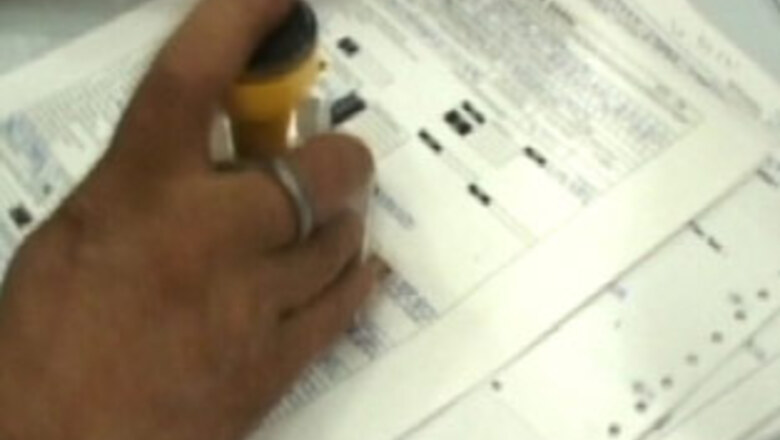
views
New Delhi: Over forty lakh employees affiliated to over 2,500 private provident funds face the threat of losing income tax benefits on their PF
contributions, as the government seems to be having second thoughts over giving these bodies permanent recognition.
Taking a plea that privately-run PFs are violating investment accounting norms, the Labour Ministry is not inclined to award final approvals to these trusts.
Over 2,500 private PFs are operational, but under a temporary recognition given by the Employees Provident Fund Organisation (EPFO). The temporary EPFO recognition enables them to qualify for tax exemptions.
However, the Income Tax authorities had been warning the privately-run PFs that the tax benefits to their subscribers would be in jeopardy if they did not get a final approval from the Labour Ministry.
But the ministry found that several of these funds were not following the norms and not maintaining the accounts as per the provisions of the Employees Provident Fund and Miscellaneous Provisions Act, Joint Secretary in the Ministry of Labour S K Srivastava said at a PHDCCI function here.
"Even today we held a meeting over this. It will take some time for us to formulate how to go about this. Under the circumstances, it seems difficult to allow final approval to any of the trusts unless things are in order," he said.
Subscribers to the private PFs are allowed income tax exemptions under Section 17(1)-A of the IT Act.
During the function, industry representatives pointed out the apathy of the Labour ministry in this respect and contended that for anomalies in some privately-run PFs, the government was penalising all.
"We say hang those organisations whose private PF trusts do not conform to norms. But allow approval to the rest," said PHDCCI member and Chartered Accountant Sushil Jethpuria.
Industry representatives had also raised queries regarding the uncertainty of the Labour ministry on the issue and sought to know if clearance for the final approvals would be done before the coming budget session.
The next session is, however, expected to be a vote-on-account where no new schemes of the government could be introduced.


















Comments
0 comment